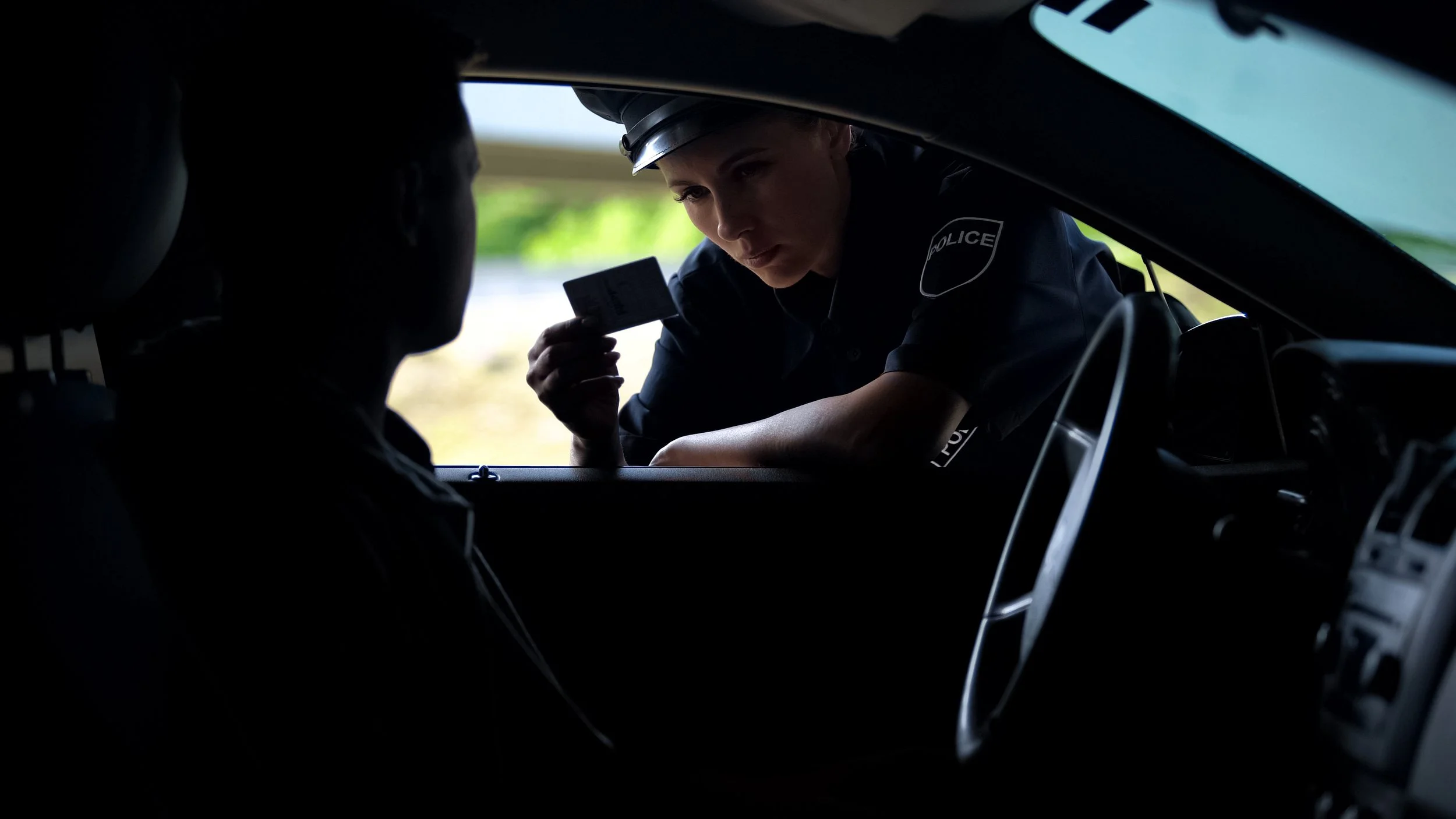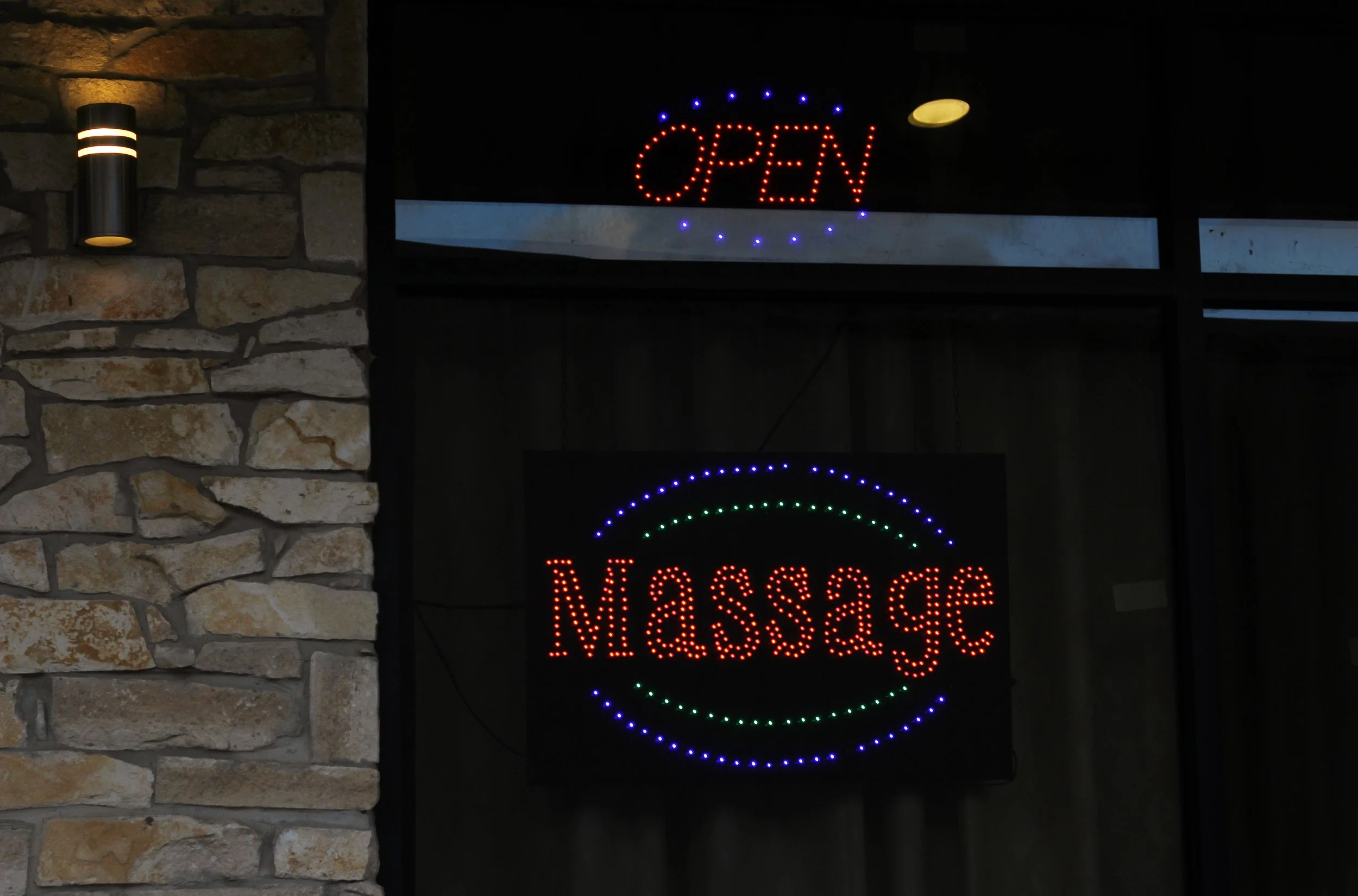Civic Engagement Series
The Granite State News Collaborative with its partners at Citizens Count are examining access to civic life in New Hampshire. The goal of the series is to seek out potential solutions that make it easier for people to participate in their communities and government.
Lower civic health, which is a measure of the civic, social and political strength of a community, equals less equity and democratic participation, engagement experts say. That lack of participation means organizations and municipalities alike are having trouble filling seats on boards and committees, leading to less people making the big decisions on a community’s behalf.
If you’ve ever had concerns about your child’s curriculum at school, wondered about your town’s recent land development project, or wanted more funding for your county nursing home — these are all issues you can take part in as a resident.
As a byproduct of the COVID-19 crisis, most community meetings are more accessible online. Engagement experts say they should remain that way to target barriers like work, childcare and transportation.
Follow our series while we explore these issues and many more to come.
According to some Granite Staters, new playgrounds are failing to provide access for children with disabilities. Now the state legislature is considering a bill that would require solid, rubber-like materials for playground pathways.
There are a variety of reasons someone might break the law by driving without a valid driver’s license—they let it expire, or their family couldn’t afford drivers’ education courses, for example. If someone drives without a license because they can’t pass a safety test, however, it puts everyone on the road at risk. A 2015 law introduced stricter penalties for those who drive without a license. Now New Hampshire is considering HB 201, a bill to roll back some of thodrvse changes.
This year there has been a lot of attention on school policies related to sex and gender, but not every bill has received the same scrutiny. One bill, HB 129, would ease the state requirements for schools to provide free pads and tampons in bathrooms. The bill received almost no attention in the House of Representatives but may hit some roadblocks in the Senate.
Sometimes, reporting instances of child abuse can mean the difference between life and death for children in troubled homes. But what about when someone makes a report of child abuse in bad faith? For example, what if a relative falsely reports that a family member is abusing or neglecting their children, simply to humiliate them? A bill before the New Hampshire Legislature would seek to punish such bad faith reports.
Over the past two years President Biden has championed transportation upgrades, from bridge repairs to electric vehicle tax credits. While federal funds for these initiatives will have a big impact on New Hampshire, they don’t address an underlying problem: New Hampshire relies on the gas tax to fund its transportation infrastructure, and those dollars are slowly dwindling. To help bridge the gap, the New Hampshire Legislature is considering a new fee structure for electric cars.
As tuition costs continue to rise, many have questioned whether college is worth the time and money it takes to get a degree. Many students who might otherwise have pursued a bachelor’s degree are finding it more attractive to begin working and building their careers right out of high school. A somewhat similar debate that has gotten far less buzz—whether high school is really necessary—is now taking place in New Hampshire thanks to HB 399.
For several years the New Hampshire Legislature has considered bills to license massage establishments, similar to how the state licenses nail salons and barbershops. At first glance this seems like many other licensing debates, with tension between public health and government overreach. A deeper look uncovers an ongoing discussion over how to fight human trafficking in the Granite State.
Part of what makes the study of public policy so fascinating is how even the most admirable proposals can warrant deeper scrutiny. A great example of this is found in HB 143, a bill before the NH House of Representatives that would allow domestic violence victims to secretly record their abusers without running afoul of the state’s wiretapping law.
If you care deeply about an issue or want to convince people in your community to vote for your favorite candidate, a great option is to write a letter to the editor. A letter to the editor is a short essay that you can submit to your local paper for the chance to have it appear in print and online. Follow the steps below to get started.









New Hampshire state law doesn’t require adults to wear seat belts, but the law is not so laissez-faire when it comes to infants. Passengers under age seven must be fastened by a child restraint system (e.g. a car seat) with specific rules spelled out by the federal government. Now, the Legislature is set to vote on SB 118, a bill that would require rear-facing car seats for children less than two years old.